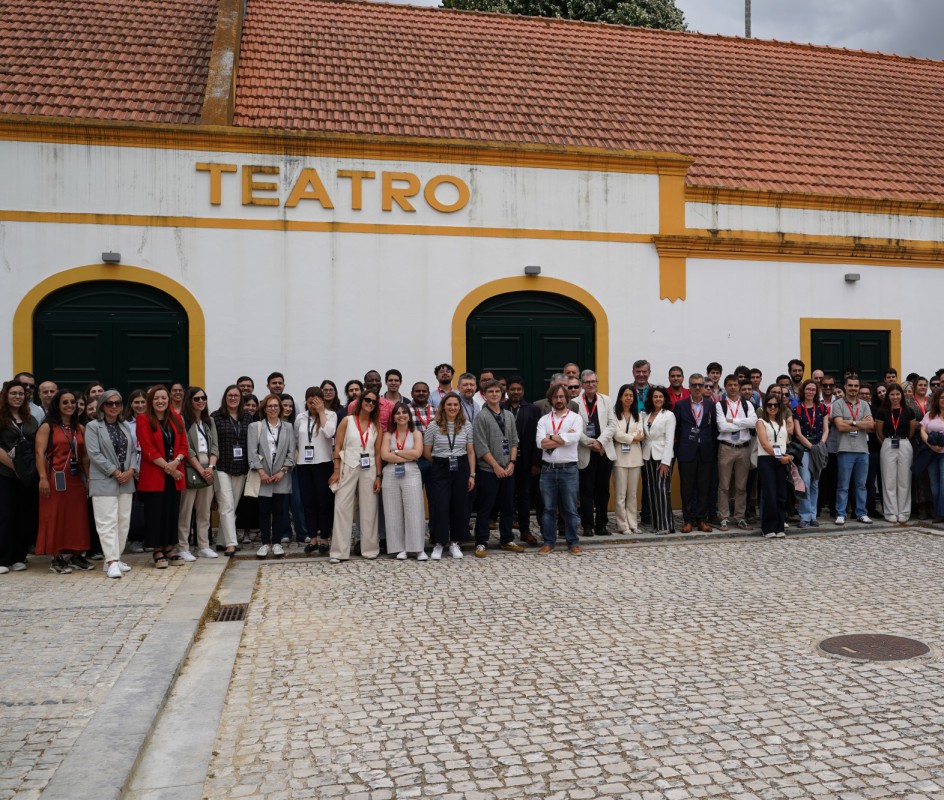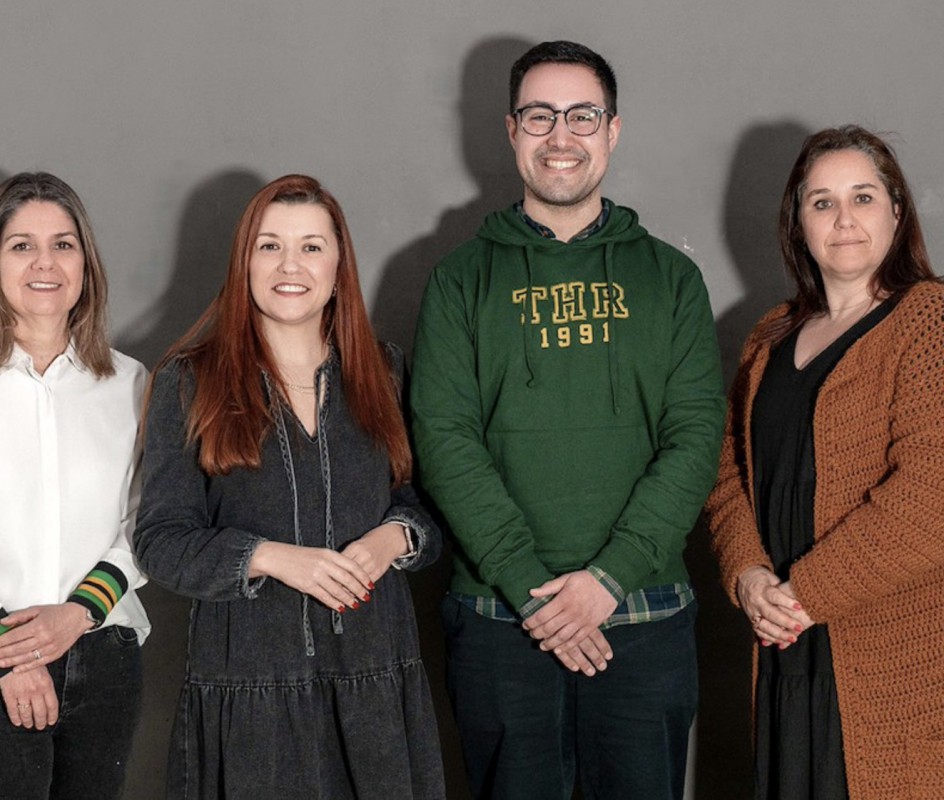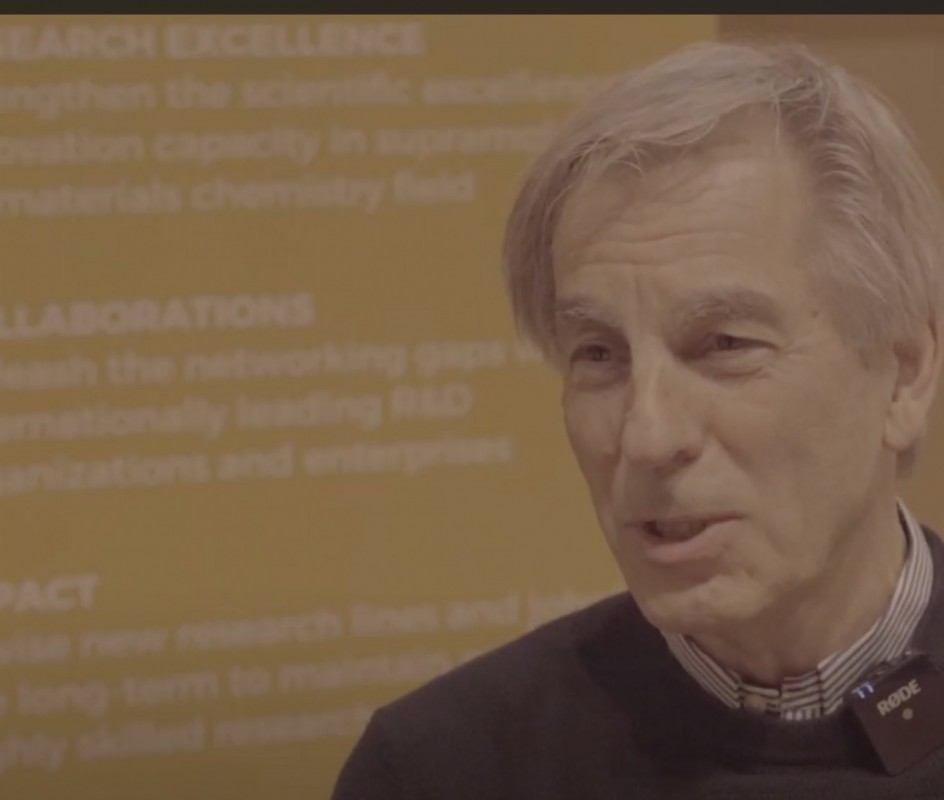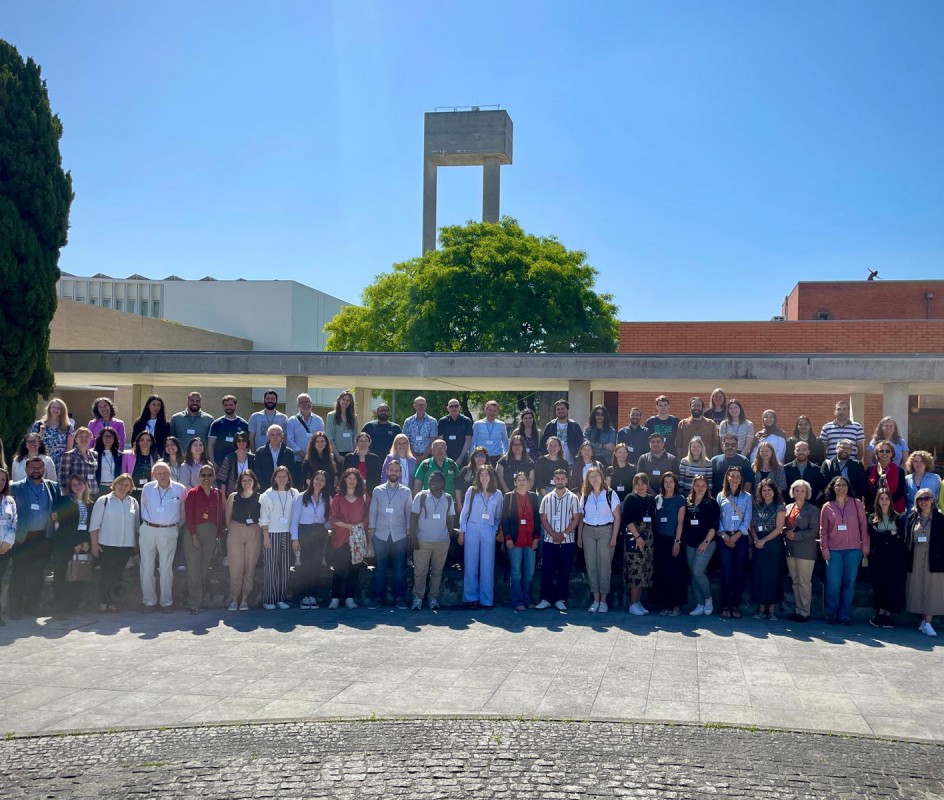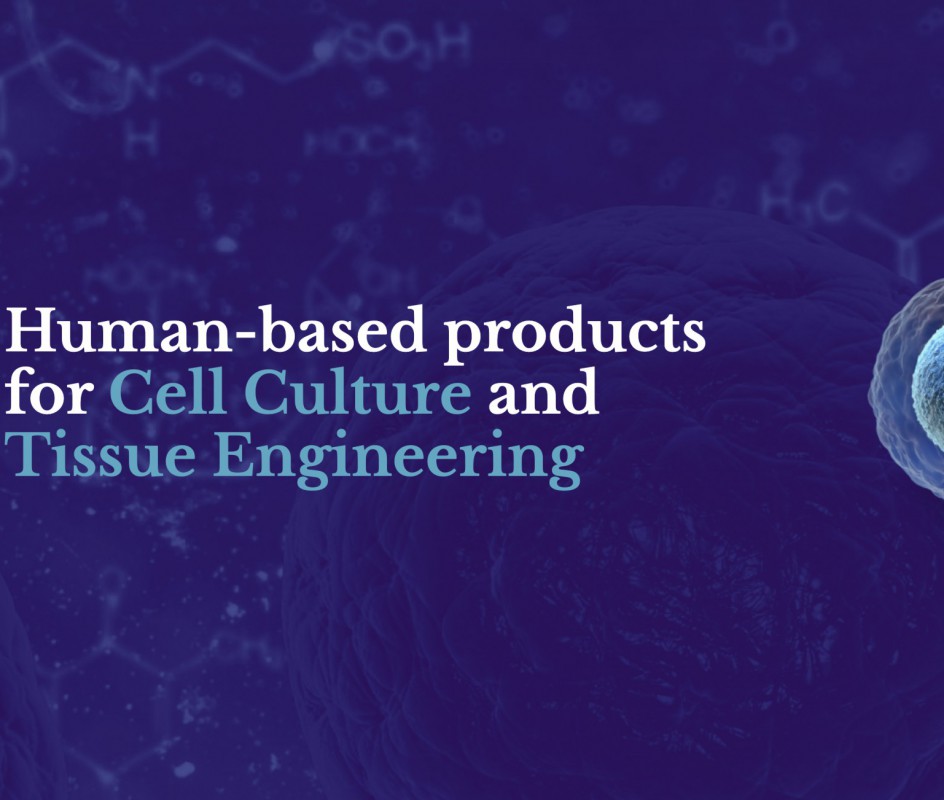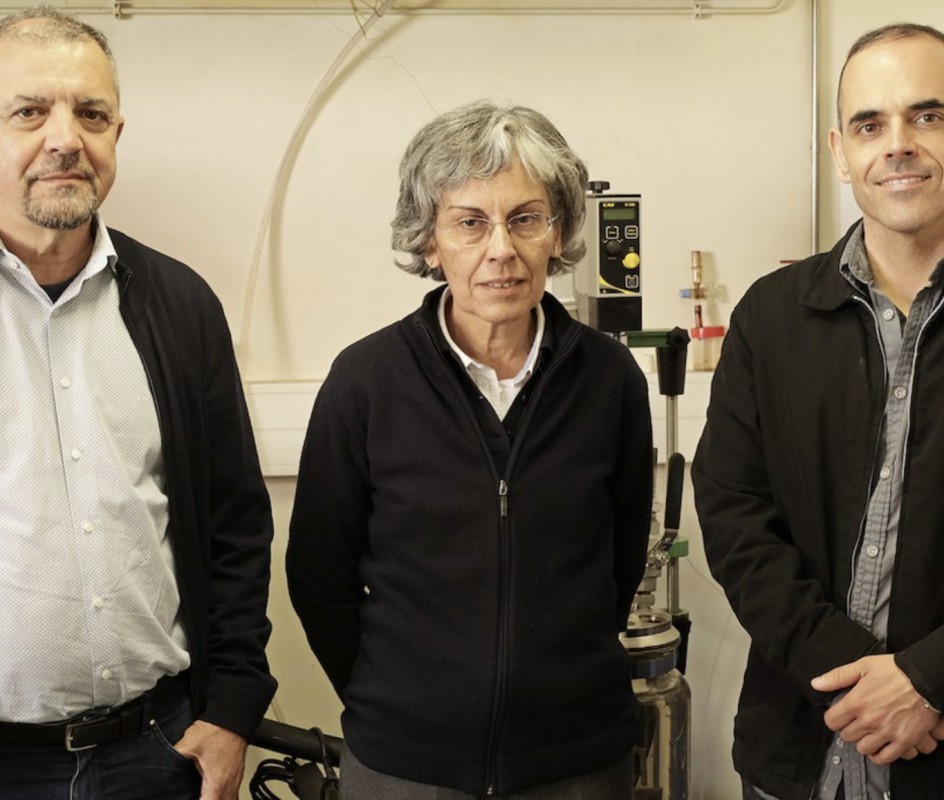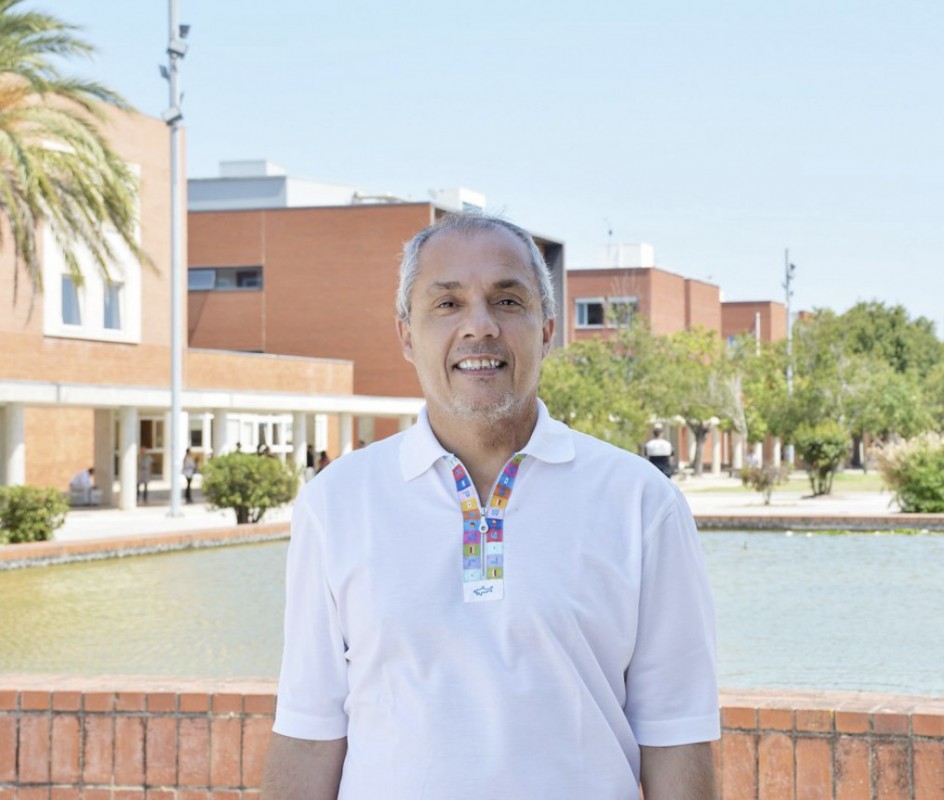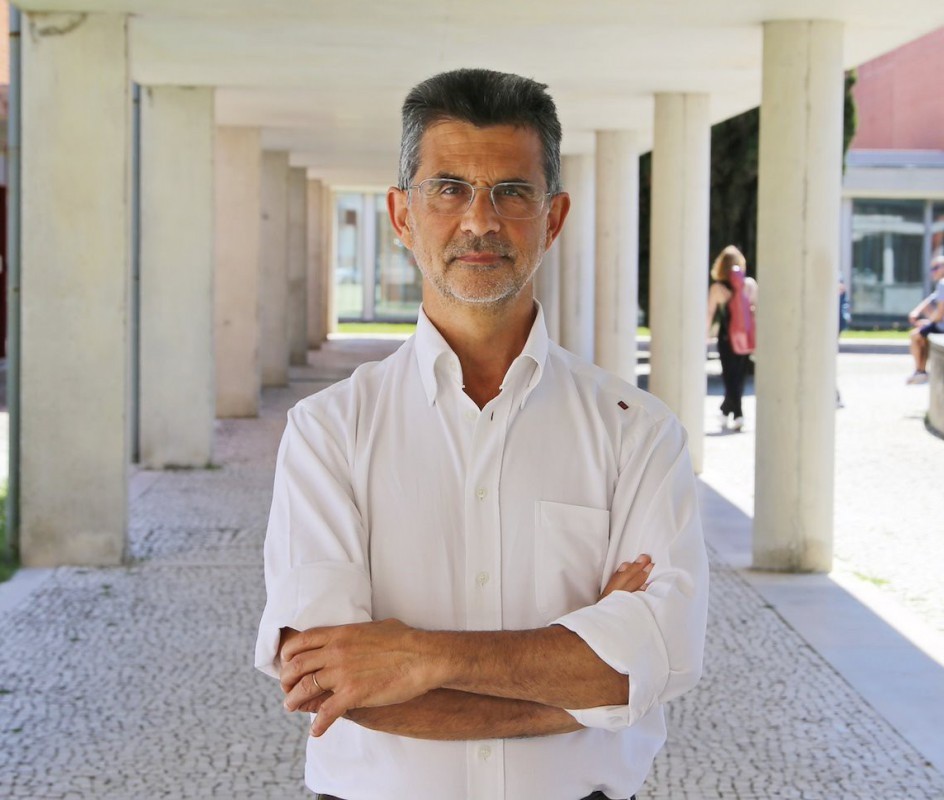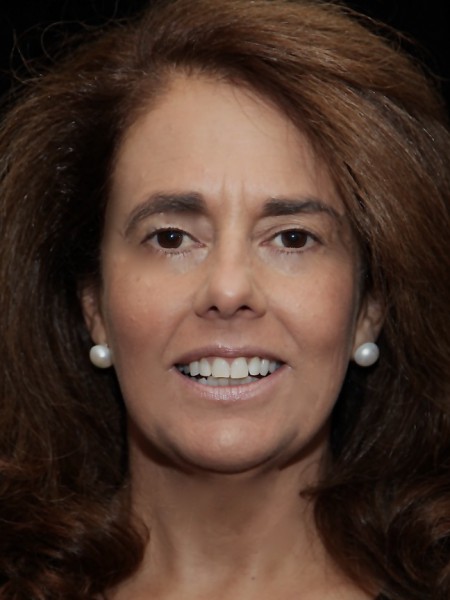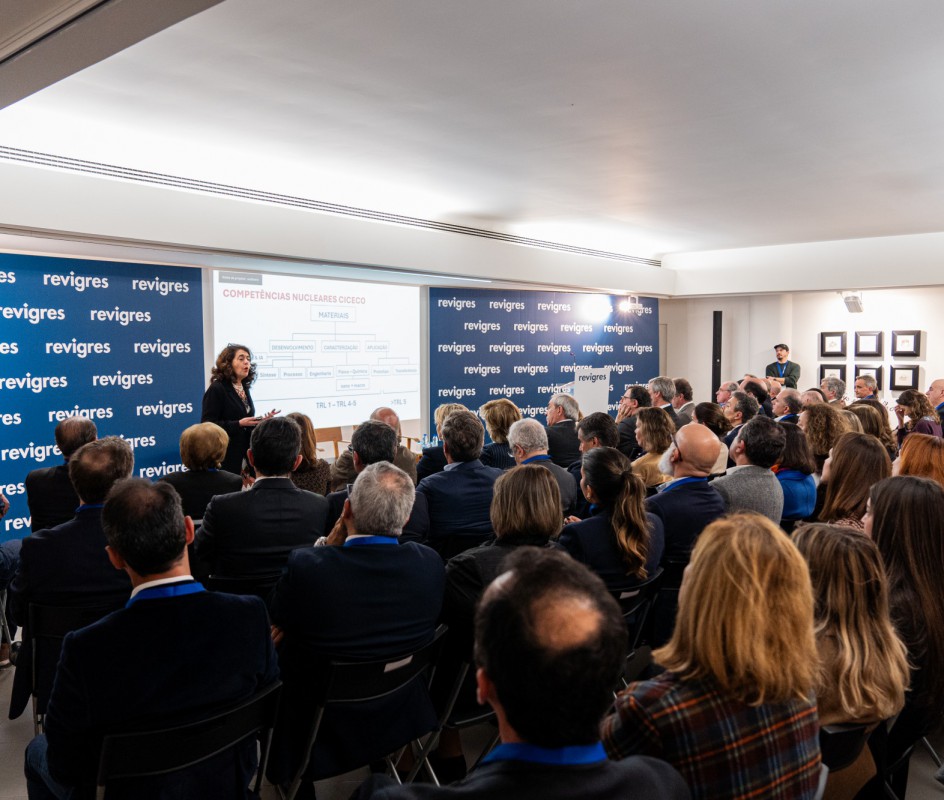
On February 25, Revigrés, in collaboration with the University of Aveiro (UA) and CICECO – Aveiro Institute of Materials, hosted an Open Day co-organized by IAPMEI. This event underscored the significance of academia-industry collaboration in the era of digital transformation and energy transition, aiming to showcase successful examples and innovative practices in implementing Industry 6.0 technological solutions.
The mission was to reinforce CICECO-UA's role as a knowledge generator and key partner in the Industry-IAPMEI-REVIGRÉS relationship, positioning it as an integral part of the industrial innovation value chain.
CICECO was represented by its Vice-Director, Professor Dr. Paula M. Vilarinho, who presented CICECO, emphasizing the institute's strong industry ties and highlighting the UA-CICECO partnership with Revigrés and its relevance to contemporary industrial innovation. According to Paula Vilarinho, “Academia is now recognized as a partner in this process. For the first time in CICECO's history, we have been invited to this celebration, which are the IAPMEI Open Days in the industry.”
The professor from the Department of Materials and Ceramic Engineering emphasized that “CICECO aims to be a beacon in academia-industry relations in the field of materials.” She sees this initiative as a formal acknowledgment by a key institutional body that academia plays a crucial role in driving innovation in today's European context. IAPMEI's mission is to promote competitiveness and business growth, ensuring support for the design, implementation, and evaluation of industrial policies to foster innovation, entrepreneurship, and business investment.
Paula Vilarinho explained that "Science funding in Portugal and even in Europe will increasingly be linked to private, corporate, and industrial investment." She also referenced the Draghi Report on European competitiveness, which stresses the priority of transforming "innovation" into "commercialization" (here).
She further noted that, within this framework, without disregarding fundamental research, which remains transformative, fostering relationships with both national and international industries is a top priority for CICECO. The institute has a dedicated vice-directorate focused on industry cooperation. "Our leadership's priorities for strengthening these industry relations are clear: to encourage, nurture, and support these connections comprehensively through a set of strategic measures."
Key actions include: 1)Collaborating with local and national industries; 2)Supporting and fostering startup creation; 3)Publishing industry-relevant findings, including patents, white papers on technology, and opinion articles; 4)Organizing workshops with and for the industry; 5) Participating in national (Portugal 2030) and European projects (Pathfinders) in collaboration with industry; 6) Engaging industry players in CICECO's annual events; 7) Establishing an "Industry Day" at CICECO to showcase its research and development activities.
Vilarinho acknowledged the challenges of establishing direct industry collaborations, explaining that while some partnerships have measurable impacts, such as advancements applied directly to products and processes, others generate intangible but critical benefits. “A shift in mindset, openness to innovation, willingness to do things differently, and reducing resistance to change are invaluable yet immeasurable effects that must not be overlooked.”
The long-standing Revigrés-UA/CICECO partnership serves as an inspiring example of how academia-industry collaboration can drive innovation and sustainability. Dating back to Revigrés' founding in 1977, this enduring relationship exemplifies how academic research can be successfully translated into industrial applications, particularly advancing innovation in Portugal's ceramic sector.
The February 25 event highlighted CICECO’s critical role in generating scientific and technological knowledge essential for enhancing industrial competitiveness. The Open Day presentation showcased the tangible results of this collaboration, demonstrating how academia-industry proximity accelerates technology transfer and knowledge commercialization. Furthermore, the event emphasized the need for policies that encourage university-business cooperation, fostering a dynamic and efficient innovation ecosystem in Portugal capable of competing on both European and global scales.
Looking ahead, Paula Vilarinho anticipates several key outcomes from this productive event: 1) Recognition of CICECO's vital role as a knowledge generator, underscoring how early-stage research is fundamental to the value chain; 2) Showcasing the importance of this partnership to the broader community as a model of best practices in academia-industry collaboration; 3) Creating new networking opportunities and demonstrating to policymakers and investors that exemplary collaborations already exist, serving as benchmarks for future initiatives.
Related Articles
We use cookies for marketing activities and to offer you a better experience. By clicking “Accept Cookies” you agree with our cookie policy. Read about how we use cookies by clicking "Privacy and Cookie Policy".


